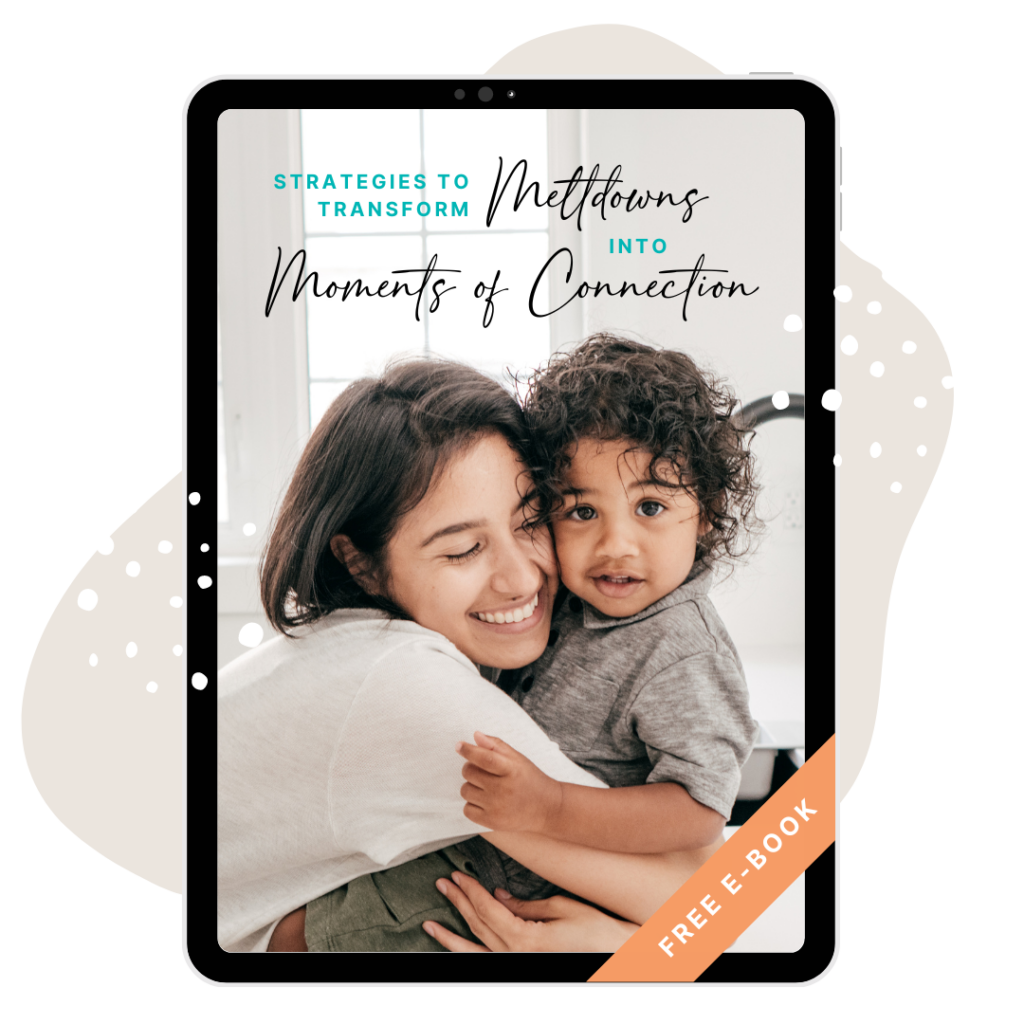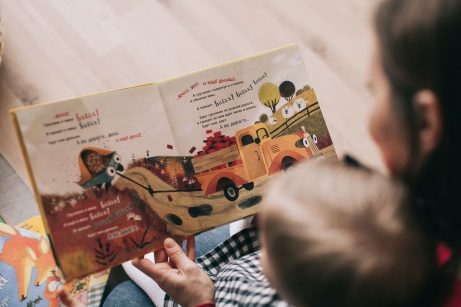What Your Child Needs to Hear

We’ve spoken extensively on the theory of parent-child communication – rightfully so, as it is one of the most essential parts of parenting. So here is the practice: concrete examples of the five most useful and important phrases in any parent’s vocabulary.
1. I love you (even when I don’t love what you did).
The first, most staggeringly important task of any parent is to offer unconditional love and acceptance to their child. This love ought to build the unshakeable foundation onto which all future relationship will be built and measured against, and is the best, most precious gift you can give to your child.
However, as any parent can attest, there are plenty of moments when you don’t feel you particularly like your child – or rather more to the point, when you don’t like what they’re doing or just have done.
You may think this goes without saying, but it is necessary to make it abundantly clear to your child that you love and accept her, whilst judging and rejecting her unwanted or inappropriate behaviours. Sometimes they need you to say this outright: “I love you, but I am really unhappy about what you’ve done.” Even more often, all you need to do refocus your language to criticize the child’s actions rather than their person. Here’s how:
- Instead of “You drive me crazy,” try: “It really annoys me when you do this.”
- Rather than “You’re so rude,” say: “That was a really unkind and rude thing to say.”
- Replace “I need you to stop being so lazy,” with: “It’s important that you work hard on this.”
At first it might seem daunting, but once you get into this habit, it will allow you to speak kindly and lovingly to (and about) your child even when setting firm boundaries or rejecting and correcting unwanted behaviour.
2. Is this how you feel?
When a child is going through a difficult time – especially (but not only) a toddler or a young child – their emotions can feel chaotic, overwhelming and incomprehensible even to themselves. And sometimes, the only thing worse than making not head nor tail of your own feelings is the impression that no one else can possibly know or understand what you’re feeling.
A parent (or any other loved, trusted adult) can provide immeasurable help by helping the child understand, label and process their emotions. For the youngest children, we provide the simplest vocabulary – “you look so mad! Are you feeling mad?” – and go increasingly more sophisticated for older children: “that is a really frustrating challenge ahead of you. Are you feeling a bit anxious about it? Or more angry?”.
Remember, there are no wrong feelings and a child’s feelings are their own. When expressed, they deserve to be taken at face value.
- If a child expresses unexpected, conflicting or seemingly nonsensical emotions to you, never brush them off, even if you don’t quite understand. If you’re confused, chances are they are even more confused in their heads! Often, children react really well to having their words repeated to them as they organize their thoughts and impressions.
- Never punish a feeling. If a child acts out on their negative feelings, saying or doing hurtful things to others, that is not okay and needs to be addressed; however, if you’re talking about their feelings and they tell you that they are angry, anxious, sad – that they are mad at a sibling – that they don’t want to see grandma right now – that’s all honest, open communication, and something that should be encouraged. Finding out ways how to address those feelings properly is the next step.

Discover practical, easy-to-implement strategies to gently navigate your child’s emotional outbursts, while maintaining your own sense of calm.
3. I see what you’ve done!
Entire books have been filled with parenting advice telling us to praise, praise, praise, so that the child will feel seen, acknowledged and respected by us. Well, in Montessori, we say “bah, humbug” to praise; but we do agree with seeing, acknowledging and respecting the child!
So what do we do? Instead of assessing and praising the child’s accomplishment, we simply describe them – to assure the child that we are paying attention and that their successes matter to us. However, we let the child be the judge of what exactly those successes are and how much they are worth. In doing so, we set the child up ideally to develop their own self-reflection, emotional independence and self-motivation; with us by their side to support and encourage but not overstep.
- “I see you finished your book,” instead of “wow, great job on reading so much!”
- “You made a picture,” rather than “I love your painting! It’s super great.”
- “You did it!” for any occasion.
4. What did you think of that?
Go a step further – and ask your child what they thought of their accomplishments, their work, their day, themselves. Encourage the habit of self-reflection and self-evaluation through gentle questions and comments, and even more importantly, carefully listening to their responses.
Some children will speak for an hour at the slightest encouragement, some not so much. If your child responds to the age-old question, “what did you do at school?” with “nothing” and to “what do you think of that?” with “okay, I guess”, then you’re in for more of a challenge. Here’s a helpful trick:
Wait with the questions and lead by example. Talk about your own day, share an anecdote or experience, see if you can engage and inspire your child’s sharing in this way.
5. What do you think you should do next?
It is quite easy – and at times, very tempting – to slide into the role of the knowledgeable teacher who always knows best. After all, we have all this perspective and experience, all this wisdom painfully gained through our own trial and error, and all the motivation to make our children’s lives easier by telling them what the do.
However, children don’t always need our information – they need to gain their own experience, develop their intelligence, grain their own skills in problem solving and conflict resolution.
It is a hundred times more valuable to a child to work out a solution than to be handed it and told what to do. Of course, some things we just tell children: “look both ways before crossing the road,” for example, is not a lesson to learn through trial and error. However, in plenty of other situation, there is space to tell less and ask more; gently guide the child to a solution, or just let them go entirely the own way (and, sometimes, make their own mistakes). Not only are you supporting their learning, you are also making it clear that you respect your child’s own intelligence and opinions, further boosting their confidence and building up your relationship. Give it a try!
Montessori Beginnings
YOUR ULTIMATE
MONTESSORI PARENTING COURSE
FOR ZERO TO THREE
Gain clarity and confidence in your parenting to raise a resilient, independent and joyful child.


